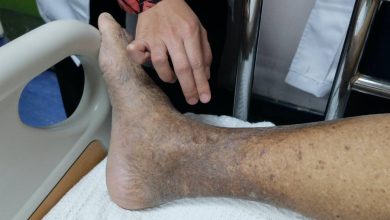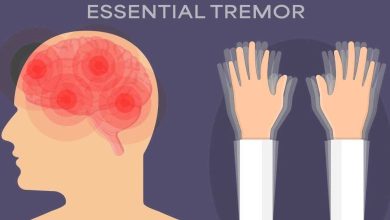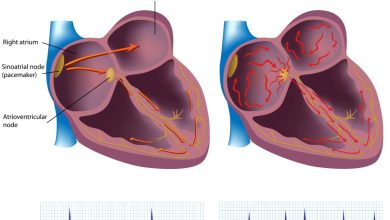Mastitis Symptoms, Causes, Diagnosis and Treatment

What Is Mastitis?
Breast tissue often gets inflamed and pain arises. Although this is usually a condition in women who breastfeed but women who do not breast feed are also often victims of mastitis. Lactation mastitis is the type of mastitis that occurs in breastfeeding women while non-breastfeeding women suffer from periductal mastitis. It is characterized by breast pain, redness and swelling of the breast. It usually occurs within first three months of giving birth. Mastitis makes it difficult for women to care for their child. It usually affects one breast at a time and can leave the affected area warm.
What Are The Symptoms Of Mastitis?
The symptoms are likely to occur suddenly and may include:
- Fever.
- Tender breast.
- Warmth.
- Swelling.
- Malaise i.e. a general feeling of being unwell.
- Persistent burn or pain in breast. The pain may only occur during breastfeeding.
Women may suffer from flu and similar symptoms before any swelling or tenderness shows up. It is recommended to see a doctor immediately after the symptoms arise.
What Causes Mastitis?
The cases of breastfeeding and non-breastfeeding women are likely to be different. Breastfeeding women tend to suffer from mastitis when there is a build-up of milk within a breast. This condition is known as milk stasis and can happen due to the following reasons:
- Baby not sucking properly.
- Improper attach to breast.
- Infrequent feeding.
When this milk stasis is infected with bacteria, infective mastitis occurs. In non-breastfeeding women, infective mastitis can occur due to nipple piercing or damage and injury to the nipple.
What Are The Risk Factors Of Mastitis?
The following factors can increase the risk of mastitis in women:
- Cracked nipples.
- Breast-feeding after childbirth.
- Weariness.
- Wearing a fitted bra.
- Continuously using one position to feed.
- Medical history i.e. women who already once suffered from mastitis are more likely to develop the condition once again.
What Are The Complications Of Mastitis?
If symptoms are not immediately diagnosed and treated, only one complication can arise which requires a surgery. A collection of puss, or abscess, is developed in the breast.
How Is Mastitis Diagnosed?
Doctors usually diagnose mastitis through observations of symptoms that evolve like fever, pain and chills. Through observations, doctors also make sure the condition has not lead to a complication of abscess. Since inflammatory breast cancer results in quite similar signs and symptoms, the following may be used to rule out any doubts:
- Mammogram.
- Breast tissue biopsy.
How Is Mastitis Treated?
The extent of treatment will depend on how far the condition has gone. The following methods are likely to solve the problem:
- A 10-day or 14-day course of antibiotics can cure mastitis completely if it is not very serious.
- Changing breast feeding position frequently and using proper feeding techniques.
- Pain relievers like ibuprofen and acetaminophen can help improve pain.
- Having rest and drinking sufficient amount of juices and fluids.
In order to prevent mastitis, women should drain milk completely while breast feeding, change position and baby latches on the breast properly.
Related Articles :
Syphilis Symptoms, Causes, Diagnosis and Treatment
Rosacea Symptoms, Causes, Diagnosis and Treatment
Perioral Dermatitis Symptoms, Causes, Diagnosis and Treatment
Dermatitis Herpetiformis Symptoms, Causes, Diagnosis and Treatment
Chancroid Symptoms, Causes, Diagnosis and Treatment
Bullous Pemphigoid Symptoms, Causes, Diagnosis and Treatment
Mammary Duct Ectasia Symptoms, Causes, Diagnosis and Treatment
Lupus Symptoms, Causes, Diagnosis and Treatment
Lichen Sclerosus Symptoms, Causes, Diagnosis and Treatment
Lichen Nitidus Symptoms, Causes, Diagnosis and Treatment
Leprosy Symptoms, Causes, Diagnosis and Treatment
Latex Allergy Symptoms, Causes, Diagnosis and Treatment
Jock Itch Symptoms, Causes, Diagnosis and Treatment
Ringworm Symptoms, Causes, Diagnosis and Treatment
Roseola Symptoms, Causes, Diagnosis and Treatment
By : Natural Health News




